
Treasure Beach: Jamaica's Hidden Gem
Treasure Beach in Jamaica is a tranquil escape from the hustle and bustle of more popular tourist spots. Nestled on the southern coast, this serene locale offers a unique blend of rustic charm and natural beauty. The beaches here are less crowded, giving you plenty of space to relax and unwind. The friendly locals and their laid-back lifestyle add to the charm, making it a perfect destination for those looking to experience authentic Jamaican culture. The area is known for its stunning sunsets, which can be enjoyed from any of its four main beaches: Great Bay, Calabash Bay, Frenchman’s Bay, and Billy’s Bay. Each of these beaches offers something unique, from the calm waters of Calabash Bay, perfect for swimming, to the vibrant fishing community at Billy’s Bay. The local seafood is a must-try, with many beachside restaurants serving fresh catches of the day. Treasure Beach is also home to several natural attractions. The nearby YS Falls is a breathtaking series of waterfalls that offer a refreshing dip in their cool waters. For a bit of adventure, you can explore the Black River, where you might spot a crocodile or two. The area is also a great base for exploring the Appleton Rum Estate, where you can learn about the history and production of one of Jamaica's most famous exports. With its serene atmosphere and wealth of activities, Treasure Beach is a destination that promises an unforgettable Jamaican experience.
Local tips in Treasure Beach
- Bring cash: ATMs are few and far between, and many places do not accept credit cards.
- Stay hydrated: The southern coast can get quite hot, so carry water with you.
- Try the local cuisine: Don’t miss out on fresh seafood and traditional Jamaican dishes.
- Respect local customs: The community is close-knit and appreciates when visitors show respect for their culture.
- Use a local guide: For excursions like Black River and YS Falls, a local guide can enhance your experience.
Treasure Beach: Jamaica's Hidden Gem
Treasure Beach in Jamaica is a tranquil escape from the hustle and bustle of more popular tourist spots. Nestled on the southern coast, this serene locale offers a unique blend of rustic charm and natural beauty. The beaches here are less crowded, giving you plenty of space to relax and unwind. The friendly locals and their laid-back lifestyle add to the charm, making it a perfect destination for those looking to experience authentic Jamaican culture. The area is known for its stunning sunsets, which can be enjoyed from any of its four main beaches: Great Bay, Calabash Bay, Frenchman’s Bay, and Billy’s Bay. Each of these beaches offers something unique, from the calm waters of Calabash Bay, perfect for swimming, to the vibrant fishing community at Billy’s Bay. The local seafood is a must-try, with many beachside restaurants serving fresh catches of the day. Treasure Beach is also home to several natural attractions. The nearby YS Falls is a breathtaking series of waterfalls that offer a refreshing dip in their cool waters. For a bit of adventure, you can explore the Black River, where you might spot a crocodile or two. The area is also a great base for exploring the Appleton Rum Estate, where you can learn about the history and production of one of Jamaica's most famous exports. With its serene atmosphere and wealth of activities, Treasure Beach is a destination that promises an unforgettable Jamaican experience.
When is the best time to go to Treasure Beach?
Iconic landmarks you can’t miss
Jack Sprat Restaurant & Bar
Experience the flavors of Jamaica at Jack Sprat: fresh seafood, delicious pizza, and a vibrant cultural vibe in Treasure Beach.
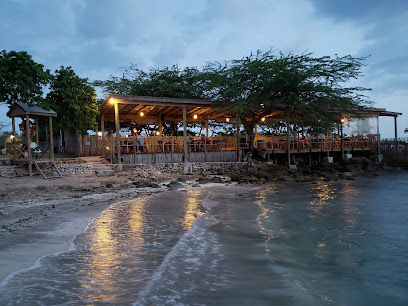
Jakes
Experience Jamaica's authentic charm at Jakes Hotel: colorful rooms, local culture, and a laid-back vibe on Treasure Beach.

Frenchman's Bay
Experience authentic Jamaican flavors and stunning beachfront views at Frenchman's Bay in Treasure Beach. A culinary gem you won't want to miss!
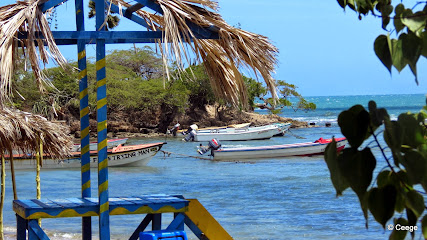
Sunset Resort and Villas
Experience tranquility at Sunset Resort and Villas in Treasure Beach, Jamaica, with stunning ocean views and a perfect location for exploring the South Coast.

Katamah Beachfront Guesthouse
Experience a unique beachfront escape at Katamah Guesthouse in Treasure Beach, where Jamaican charm meets Moroccan design and tranquil relaxation.

Smurf's cafe
Experience authentic Jamaican flavors and community vibes at Smurf's Cafe in Treasure Beach – the perfect spot for a delicious and laid-back breakfast.
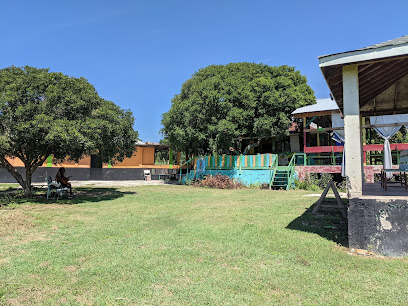
Lobster Pot Restuarant
Savor fresh seafood and authentic Jamaican flavors at Lobster Pot Restaurant, a beachfront gem in Treasure Beach with stunning ocean views.
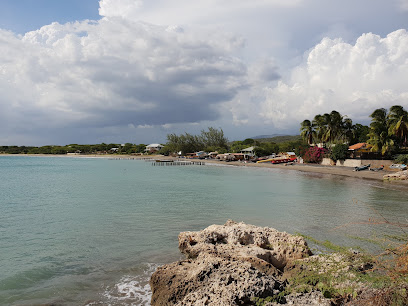
Lashings Beach Club
Experience tranquility at Treasure Beach's Lashings Beach Club: stunning views, delicious food, and authentic Jamaican charm.
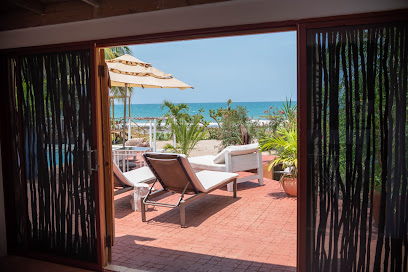
Eggy's Bar
Experience the essence of Treasure Beach at Eggy's Bar: fresh seafood, cold drinks, and stunning ocean views await!
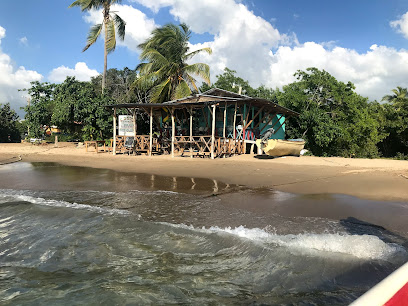
Welcoming Vibes
Experience authentic Jamaican hospitality with stunning sea views at Welcoming Vibes in the heart of Treasure Beach. Your perfect island getaway awaits!
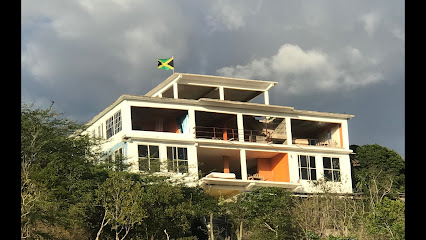
Gee Wiz
Experience the vibrant flavors of Jamaica with fresh, local, plant-based cuisine in a welcoming atmosphere at Treasure Beach's beloved vegan restaurant.
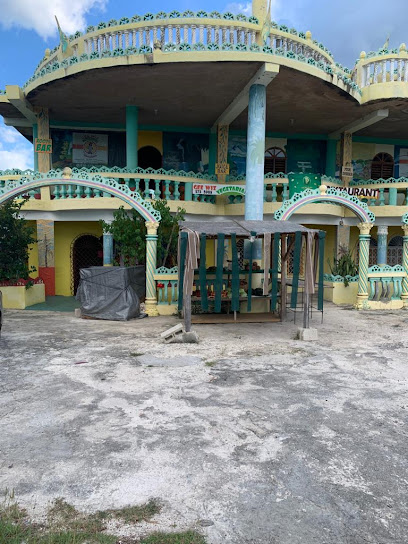
Moringa Ingadi Village
Experience tranquility at Moringa Ingadi Village in Treasure Beach, Jamaica. Relax in nature and explore the authentic charm of the South Coast.
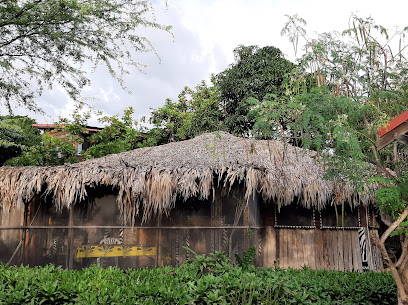
Turtles' Nest Villa Jamaica
Experience beachfront luxury and authentic Jamaican charm at Turtles' Nest Villa in the tranquil Treasure Beach, St. Elizabeth.
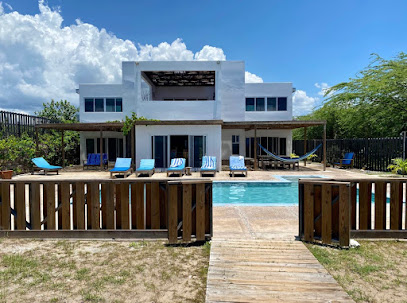
Taino Cove
Discover a serene beachfront escape at Taino Cove in Treasure Beach, Jamaica, offering tranquility, cultural charm, and stunning Caribbean views.

Doranja House
Experience authentic Jamaican hospitality at this charming Treasure Beach bed and breakfast, your gateway to relaxation and local culture.
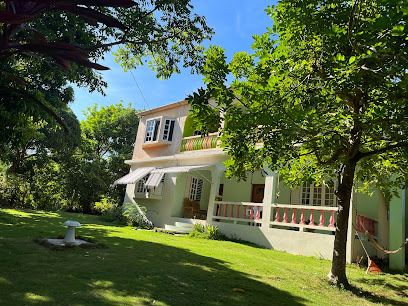
Unmissable attractions to see
YS Falls
Immerse yourself in the breathtaking beauty of YS Falls, Jamaica's premier natural attraction featuring stunning waterfalls and thrilling adventures.
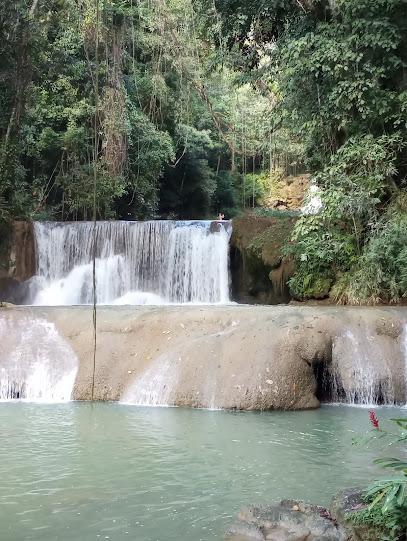
Appleton Estate Rum Tour
Experience the rich tradition of rum-making at Appleton Estate, a premier distillery in the heart of Jamaica, offering unforgettable tours and tastings.
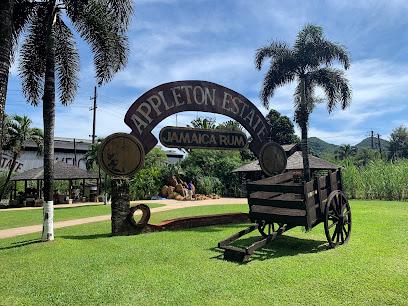
Floyd's Pelican Bar
Experience the vibrant culture and breathtaking views at Floyd's Pelican Bar, where fresh seafood meets Caribbean charm.
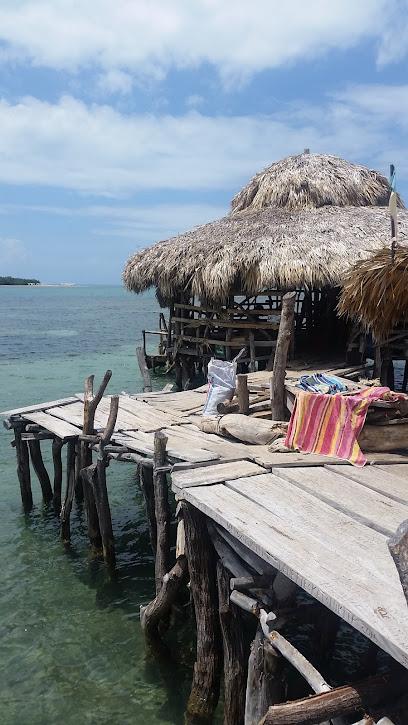
J. Charles Swaby's Black River Safari
Explore the enchanting Black River Safari in Jamaica, where extraordinary wildlife encounters and breathtaking landscapes await every traveler.
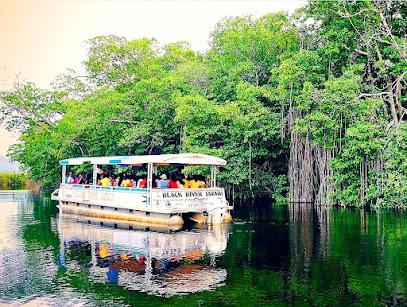
Bluefields Beach
Experience the tranquil beauty of Bluefields Beach, a hidden gem in Jamaica offering sandy shores, clear waters, and local culture.
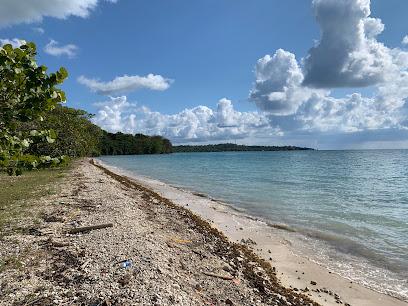
Jamaica Zoo
Discover the vibrant wildlife and engaging experiences at Jamaica Zoo, a top tourist attraction in Lacovia, Jamaica.
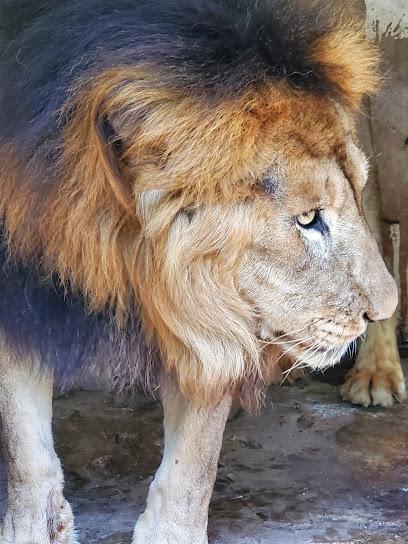
Croydon In The Mountains
Explore the lush beauty of Croydon In The Mountains, an organic farm and botanical garden in Jamaica, blending nature, culture, and history.
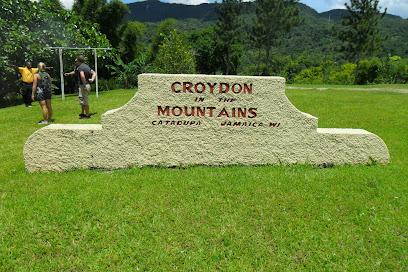
Black River Safari Tours
Explore the stunning Black River Safari Tours and immerse yourself in Jamaica's rich wildlife and breathtaking landscapes on this unforgettable eco-adventure.
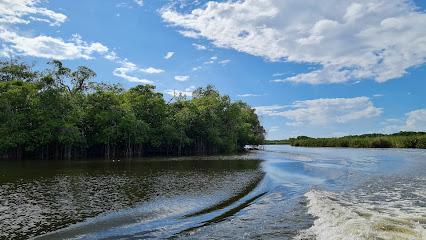
Treasure Beach Jamaica
Experience the tranquil beauty and cultural richness of Treasure Beach, Jamaica – a hidden paradise perfect for a serene getaway.
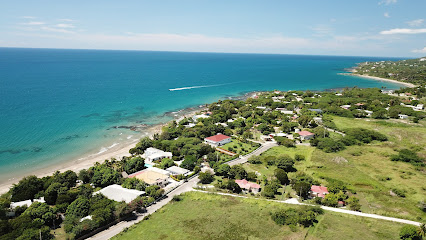
Bluefields Organic Farm
Discover the natural beauty and flavors of Jamaica at Bluefields Organic Farm, where sustainable agriculture meets breathtaking landscapes.
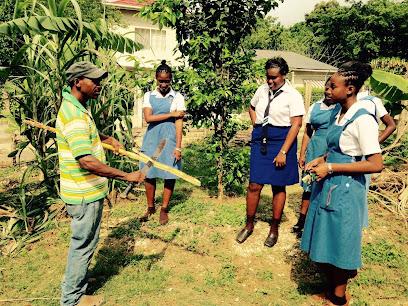
Captain Dennis Boat Tours
Explore the stunning waters of Frenchman's Bay with Captain Dennis Boat Tours, offering unforgettable adventures in the heart of Treasure Beach.
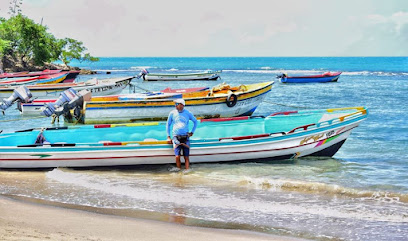
Treasure Beach Womens Group
Explore authentic Jamaican crafts and culture at the Treasure Beach Women's Group, where community empowerment meets unforgettable experiences.
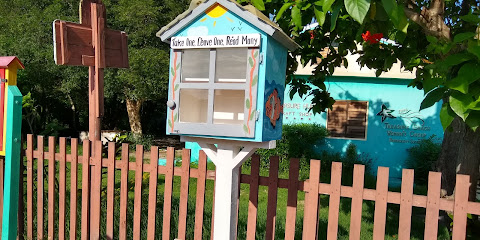
Cockpit Country
Discover the breathtaking landscapes, rich wildlife, and cultural heritage of Cockpit Country, Jamaica's hidden gem for nature enthusiasts and history lovers.

Old Wharf Beach
Experience the tranquil beauty of Old Wharf Beach in Treasure Beach, where golden sands and clear waters await your discovery.
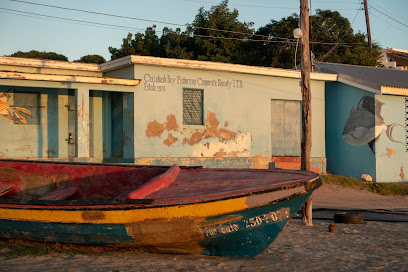
The Mud Palace Gallery
Explore the vibrant art scene and cultural heritage of Jamaica at The Mud Palace Gallery in Treasure Beach, a must-visit destination for art lovers.
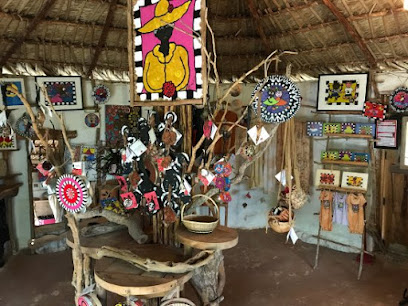
Essential places to dine
Jack Sprat Restaurant & Bar
Experience authentic Jamaican cuisine and fresh seafood at Jack Sprat Restaurant & Bar in Treasure Beach.
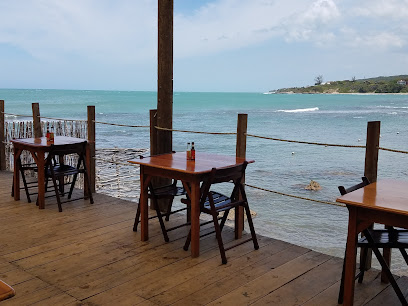
Frenchman's Bay
Experience culinary delights at Frenchman's Bay, where local flavors meet stunning coastal views in Treasure Beach.
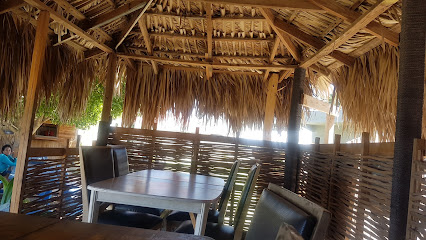
Smurf's cafe
Discover authentic Jamaican flavors at Smurf's Cafe in Treasure Beach - where every meal tells a story!
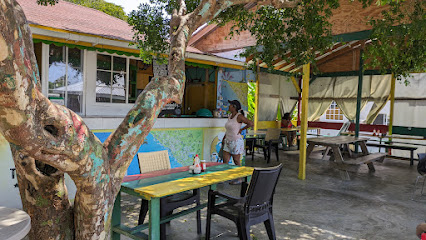
Lobster Pot Restuarant
Discover fresh seafood delights at Lobster Pot Restaurant in Treasure Beach – where every bite brings you closer to Jamaica’s coastal charm.
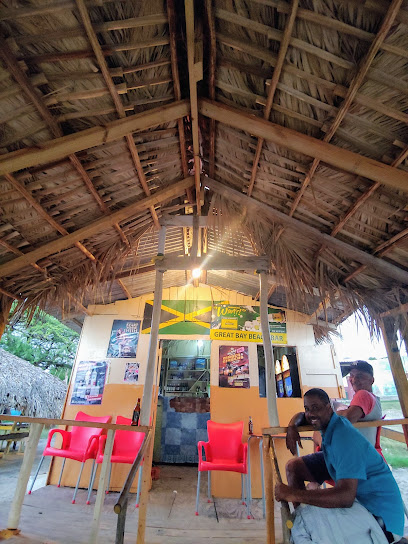
Mellow Yellow
Discover Mellow Yellow in Treasure Beach - where delicious Jamaican cuisine meets a vibrant atmosphere.
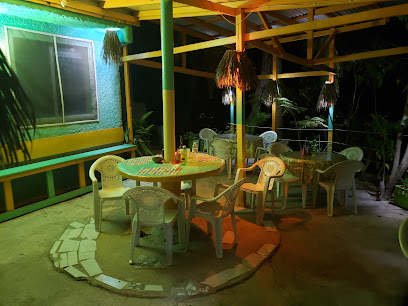
77 West Boutique Hotel & Restaurant
Discover breathtaking ocean views and exquisite cuisine at 77 West Boutique Hotel & Restaurant in Treasure Beach.
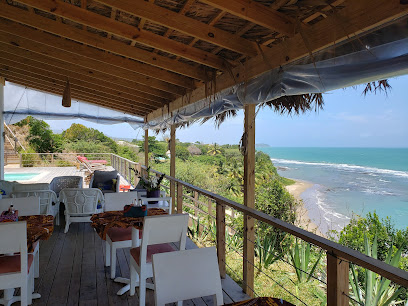
Gee Wiz
Experience authentic Jamaican vegan cuisine at Gee Wiz in Treasure Beach - where fresh ingredients meet vibrant flavors.
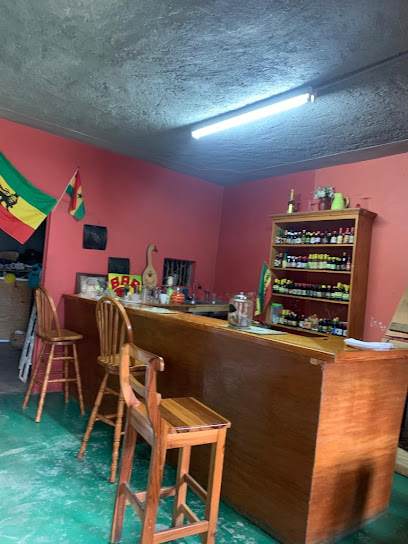
Kim's Restaurant
Experience authentic Jamaican cuisine at Kim's Restaurant in Treasure Beach – where flavor meets hospitality in a stunning coastal setting.
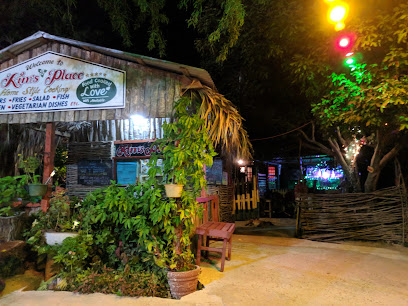
Diner's Delight
Experience authentic Jamaican cuisine at Diner's Delight in Treasure Beach – where local flavors meet warm hospitality.
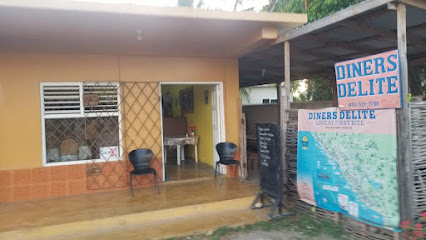
Joseph's Hideaway Restaurant Bar and Villa
Experience the best of Jamaican cuisine at Joseph's Hideaway Restaurant Bar and Villa in Treasure Beach - where culinary delight meets breathtaking views.
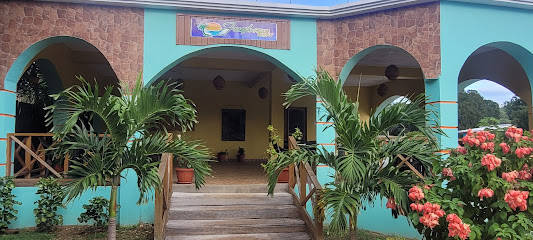
Wild Onion
Discover the vibrant flavors of Jamaica at Wild Onion in Treasure Beach – a must-visit grill offering exquisite grilled dishes in a stunning setting.
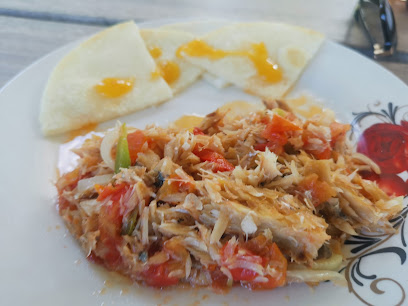
Lashings Treetop Bar and Grill
Experience extraordinary dining at Lashings Treetop Bar and Grill in Treasure Beach, where nature meets culinary excellence amidst stunning views.
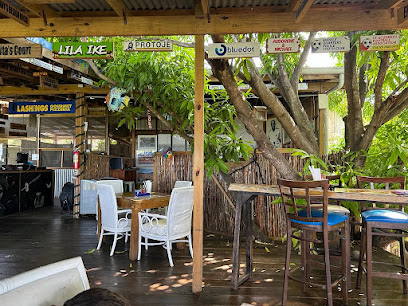
Ki's on di Beach
Experience vibrant Jamaican flavors at Ki's on di Beach - a coastal grill paradise in Treasure Beach offering stunning views and delicious local cuisine.
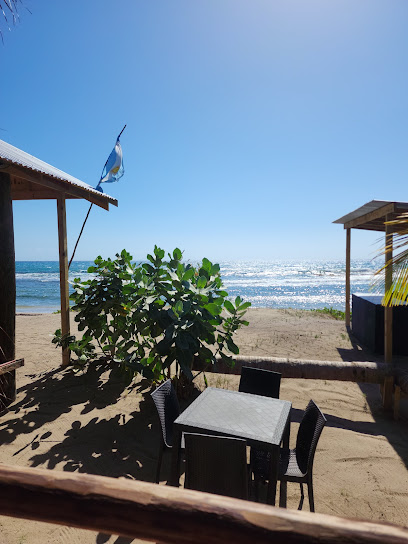
FlavazFuzion
Discover FlavazFuzion in Treasure Beach - where family-friendly dining meets authentic Jamaican flavors in a welcoming atmosphere.
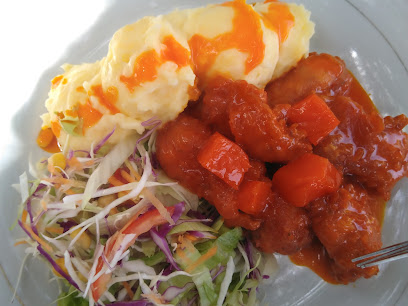
Lion Rock
Experience authentic Jamaican cuisine at Lion Rock in Treasure Beach - where flavors meet breathtaking views!
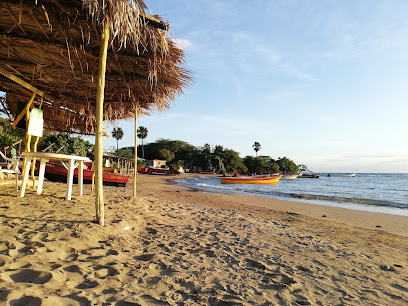
Markets, malls and hidden boutiques
Lashings Boutique Hotel & Villas, Treasure Beach
Experience the ultimate relaxation at Lashings Boutique Hotel & Villas in Treasure Beach, Jamaica, where luxury meets tranquility amidst stunning natural beauty.
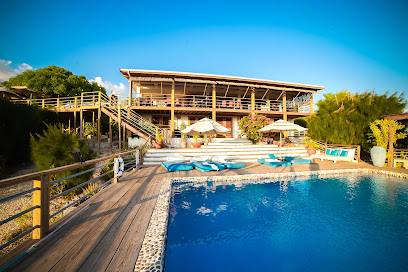
Frenchman's Bay
Experience the flavors of Jamaica at Frenchman's Bay, a seaside restaurant in Treasure Beach offering delicious local cuisine and stunning ocean views.
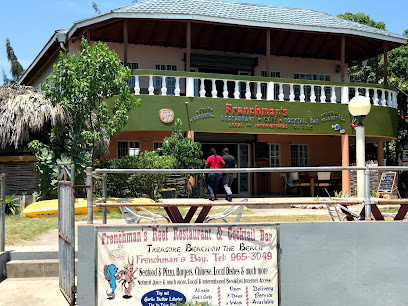
Tropical Treasures Gift Shop
Explore Tropical Treasures Gift Shop in Montego Bay for unique souvenirs, local crafts, and a taste of Jamaican culture.
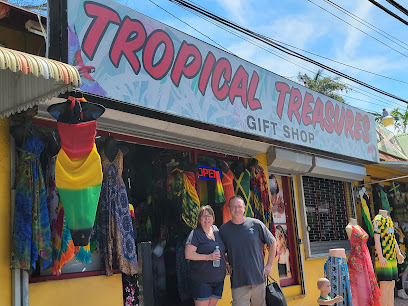
Eggy's Bar
Experience the laid-back charm of Eggy's Bar in Treasure Beach, where refreshing drinks and local vibes await every traveler.
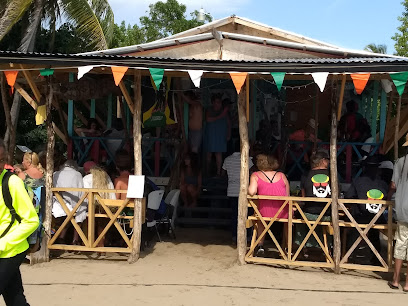
Gee Wiz
Experience the essence of Jamaican vegan cuisine with fresh, local ingredients at Gee Wiz in Treasure Beach.
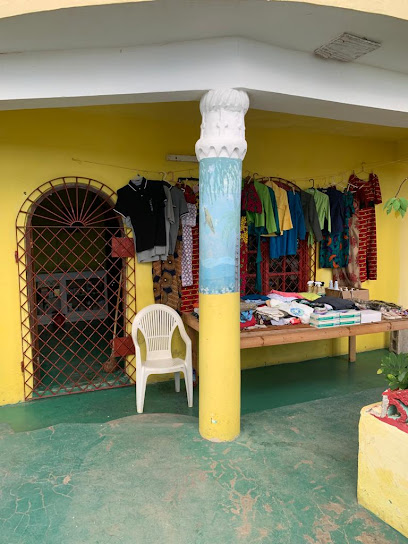
Hold A Vibz Cafe
Discover the vibrant flavors of Jamaica at Hold A Vibz Cafe, where delicious cuisine meets a lively atmosphere in Treasure Beach.
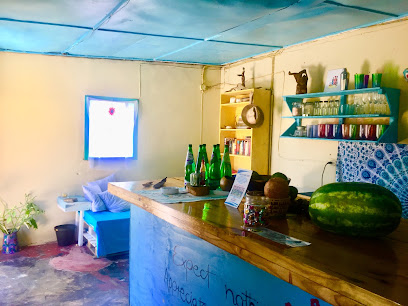
Southern Supplies and Services
Discover local flavors and essentials at Southern Supplies and Services, the go-to grocery store in Treasure Beach, Jamaica.
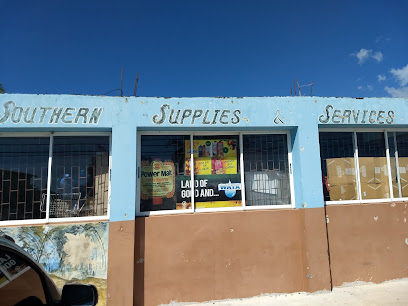
Wild Onion
Discover the essence of Caribbean cuisine at Wild Onion in Treasure Beach, where fresh flavors and warm hospitality await every visitor.
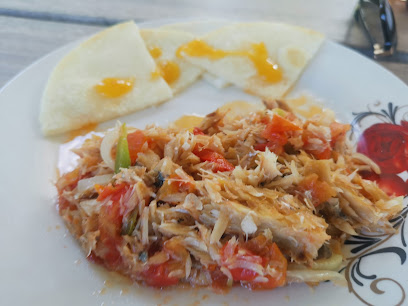
Bella's Farm Store
Experience authentic Jamaican flavors and local goods at Bella's Farm Store on Flagaman Main Road.
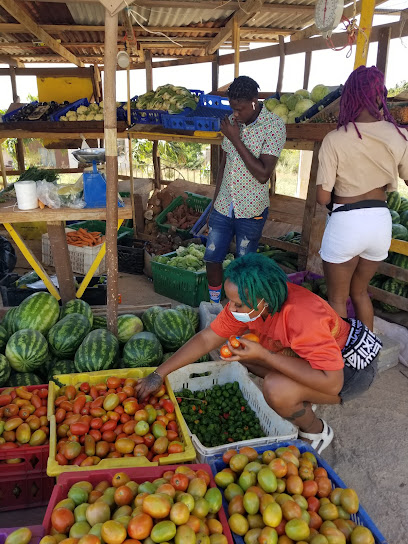
Wise Wellness -Yoga Centre and iTal Mama Vegan Cafe
Discover tranquility and nourishment at Wise Wellness, a yoga and vegan cafe haven in the heart of Treasure Beach, perfect for rejuvenation.
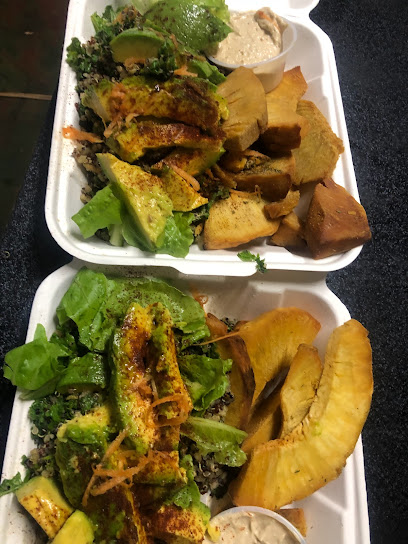
Sonia Wholesale &Retail
Explore the vibrant Sonia Wholesale & Retail in Beacon, Jamaica for fresh local produce and international grocery options in a friendly atmosphere.
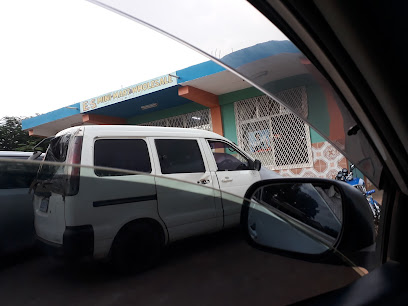
L+B mini mart
Explore the vibrant local culture at L+B Mini Mart in Treasure Beach, offering fresh produce, local snacks, and a warm Jamaican welcome.
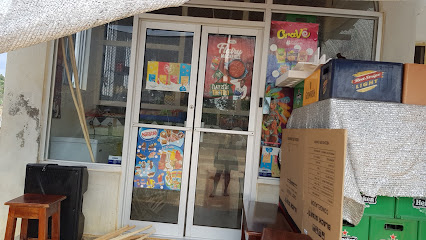
Callaloo Butik
Explore the vibrant Caribbean fashion scene at Callaloo Butik, a unique clothing store in Treasure Beach, Jamaica, showcasing local craftsmanship and style.
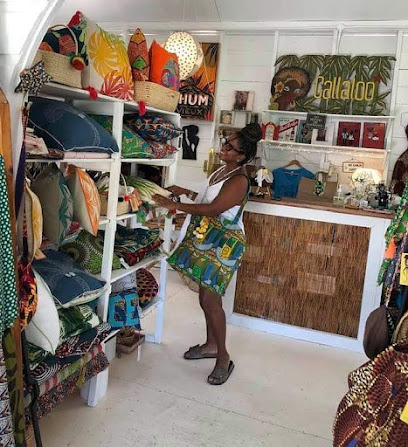
Charmaine's Blessed Shop
Experience authentic Jamaican flavors at Charmaine's Blessed Shop, a local grocery and bar where community meets culture in Treasure Beach.
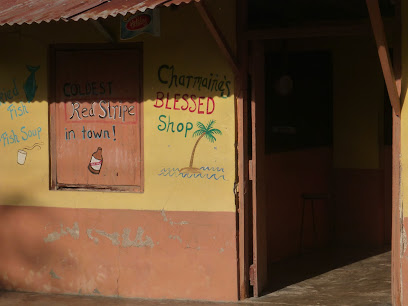
Ki's on di Beach
Experience the essence of Jamaican cuisine at Ki's on di Beach, where delicious grill offerings meet breathtaking ocean views.
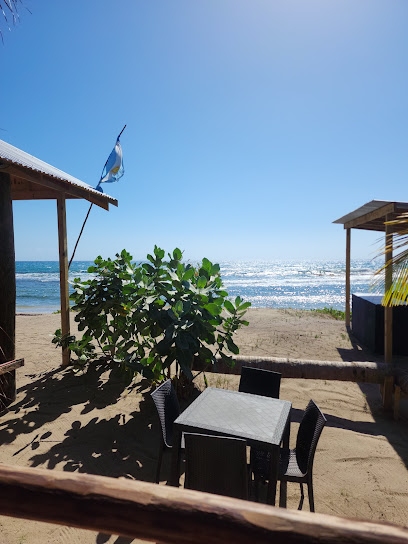
Essential bars & hidden hideouts
Jack Sprat Restaurant & Bar
Experience the vibrant flavors of Jamaica at Jack Sprat Restaurant & Bar, where fresh seafood meets stunning beachfront views in Treasure Beach.
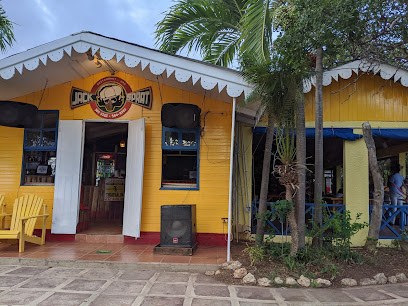
Frenchman's Bay
Experience the best of Jamaican cuisine at Frenchman's Bay, a coastal restaurant offering fresh seafood, local flavors, and a warm atmosphere in Treasure Beach.
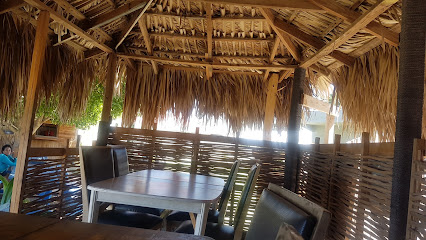
Smurf's cafe
Experience the authentic flavors of Jamaica at Smurf's Cafe, a charming restaurant in Treasure Beach offering delicious and affordable local cuisine.
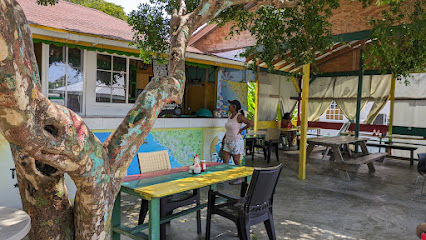
Lobster Pot Restuarant
Experience the best of Jamaican seafood at Lobster Pot Restaurant, where fresh flavors meet breathtaking views in Treasure Beach.
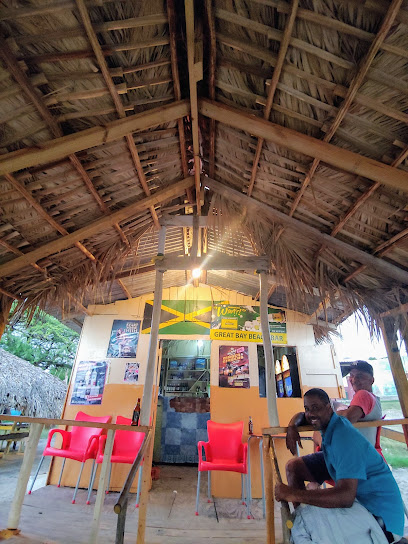
Eggy's Bar
Experience the warmth and charm of Eggy's Bar in Treasure Beach, where refreshing drinks and local flavors meet Caribbean hospitality.
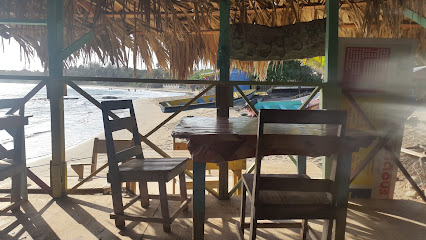
Joseph's Hideaway Restaurant Bar and Villa
Experience the flavors of Jamaica at Joseph's Hideaway, a charming restaurant with stunning views and delicious local cuisine in Treasure Beach.
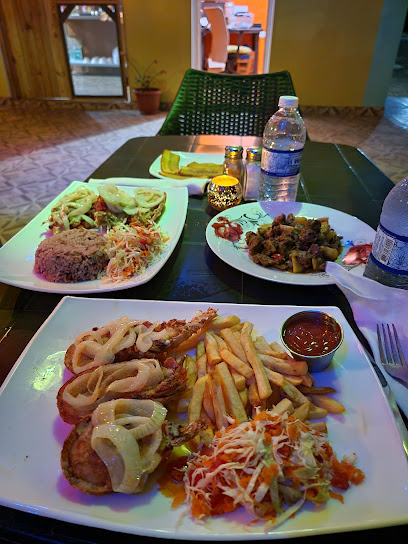
Wild Onion
Discover the vibrant flavors of Jamaica at Wild Onion, a grill in Treasure Beach offering a unique culinary experience with breathtaking views.
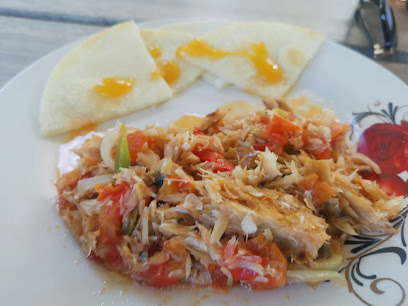
Fisherman's Bar
Experience the vibrant culture and delectable cuisine of Treasure Beach at Fisherman's Bar, where every drink is a toast to island life.
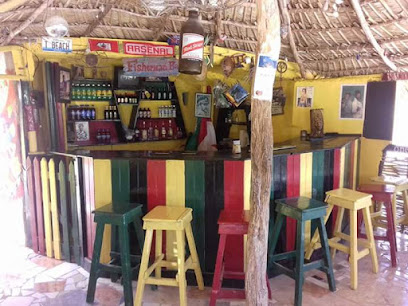
Lashings Treetop Bar and Grill
Experience the flavors of Jamaica in a stunning treetop setting at Lashings Treetop Bar and Grill, a must-visit restaurant in Treasure Beach.
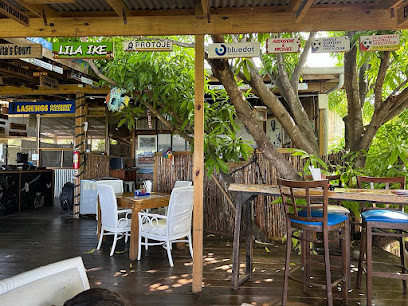
Ki's on di Beach
Discover the flavors of Jamaica at Ki's on di Beach, a grill serving fresh local cuisine with stunning ocean views in Treasure Beach.
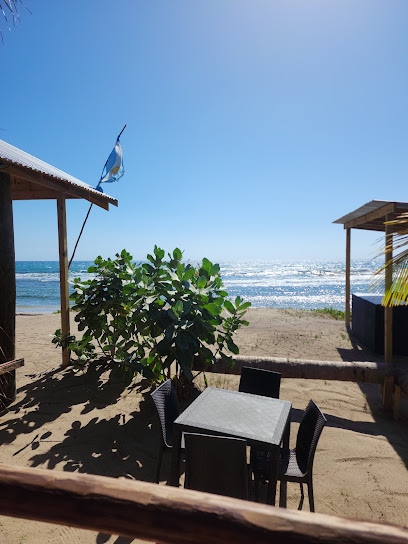
Dougie's Bar
Experience laid-back vibes and authentic Caribbean flavors at Dougie's Bar in Treasure Beach, where rum punch flows and sunsets dazzle.
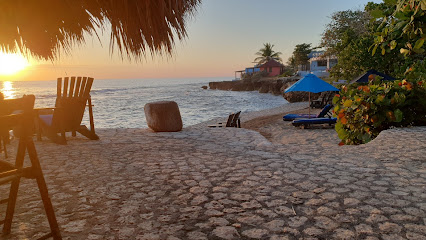
Lion Rock
Savor the authentic flavors of Jamaica at Lion Rock, a cozy grill in Treasure Beach offering fresh seafood and local delights with stunning ocean views.
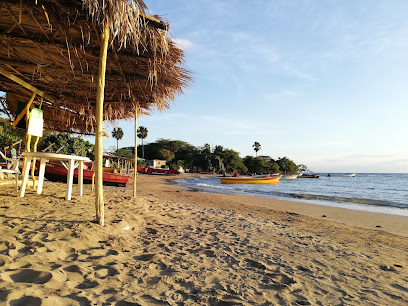
Nanny's Bar
Discover the vibrant spirit of Jamaica at Nanny's Bar in Treasure Beach, where locals and tourists unite for unforgettable experiences.
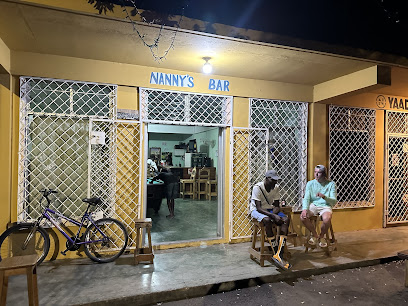
Lotus View Bar
Discover the tranquil charm of Lotus View Bar in Treasure Beach, where stunning ocean views meet refreshing cocktails in a vibrant atmosphere.

Travel experiences inspired by this city
Explore more travel diariesLocal Phrases
-
- HelloWa gwan
[wah gwan] - GoodbyeLikkle more
[lick-le more] - YesYah man
[yah man] - NoNuh uh
[noh uh] - Please/You're welcomeLikkle more
[lick-le more] - Thank youRespect
[re-speck] - Excuse me/SorrySarry
[sah-ree] - How are you?How yuh duh?
[how yuh doo?] - Fine. And you?Mi good. An yuh?
[me good. an yoo?] - Do you speak English?Yuh chat English?
[yoo chat English?] - I don't understandMi nuh undastan
[me noo un-duhs-tan]
- HelloWa gwan
-
- I'd like to see the menu, pleaseMi woulda like see di menu, pleas
[me woo-da like see dee menu, please] - I don't eat meatMi nuh nyam meat
[me noo nyam meat] - Cheers!Cheers!
[cheers] - I would like to pay, pleaseMi woulda like pay, pleas
[me woo-da like pay, please]
- I'd like to see the menu, pleaseMi woulda like see di menu, pleas
-
- Help!Help!
[help] - Go away!Go weh!
[go way] - Call the Police!Call di Police!
[call dee Police] - Call a doctor!Call a docta!
[call a doctah] - I'm lostMi lost
[me lost] - I'm illMi sick
[me sick]
- Help!Help!
-
- I'd like to buy...Mi woulda buy...
[me woo-da buy...] - I'm just lookingMi just a look
[me just a look] - How much is it?A how much dat?
[ah how much dat?] - That's too expensiveDat too much
[dat too much] - Can you lower the price?Yuh can drop di price?
[yoo can drop dee price?]
- I'd like to buy...Mi woulda buy...
-
- What time is it?A wah time dat?
[ah wah time dat?] - It's one o'clockA one o'clock
[ah one o'clock] - Half past (10)Haaf pass ten
[haff pass ten] - MorningMawnin
[mawnin] - AfternoonAftanoon
[aftanoon] - EveningEvenin
[evenin] - YesterdayYessideh
[yessideh] - TodayToday
[today] - TomorrowTamara
[tamara] - 1One
[wun] - 2Two
[too] - 3Tree
[tree] - 4Fo'
[foh] - 5Fiv'
[fiv] - 6Siks
[siks] - 7Seven
[sev-en] - 8Eight
[ate] - 9Nine
[nine] - 10Ten
[ten]
- What time is it?A wah time dat?
-
- Where's a/the...?Weh di...
[weh dee] - What's the address?Weh di address deh?
[weh dee address deh] - Can you show me (on the map)?Yuh can show mi pon di map?
[yoo can show me pon dee map] - When's the next (bus)?When di nex (bus)?
[when dee nex (bus)] - A ticket (to ....)A ticket (to ....)
[ah ticket (to ....)]
- Where's a/the...?Weh di...
History of Treasure Beach
-
Long before the arrival of European explorers, Treasure Beach was home to the Taino people, the indigenous inhabitants of Jamaica. The Tainos were skilled fishermen and farmers who cultivated crops such as cassava, sweet potatoes, and maize. They lived in harmony with nature, and their presence is still visible today through various archaeological sites and artifacts found in the area.
-
In 1494, Christopher Columbus arrived in Jamaica, marking the beginning of European influence in the region. The Spanish established settlements and introduced new agricultural practices. However, their harsh treatment and diseases led to a rapid decline in the Taino population. Despite this, the Spanish left a lasting impact on the cultural landscape of Treasure Beach.
-
In 1655, the British captured Jamaica from the Spanish, leading to significant changes in the island's governance and economy. Treasure Beach became part of the British colonial system, which saw the establishment of plantations and the introduction of African slaves to work on them. This period was marked by the growth of sugar, coffee, and cotton industries, shaping the social and economic fabric of the region.
-
During the era of slavery, many African slaves escaped and formed independent communities known as Maroons. These Maroon communities played a crucial role in resisting British colonial rule and preserving African cultural traditions. The influence of the Maroons can still be felt in Treasure Beach, where their descendants continue to contribute to the area's rich cultural tapestry.
-
The abolition of slavery in 1834 was a pivotal moment in Jamaican history. Freed slaves settled in various parts of the island, including Treasure Beach, where they established small farms and communities. This period marked the beginning of a new era of economic and social development, with former slaves contributing significantly to the growth and prosperity of the region.
-
In the 20th century, Treasure Beach began to gain recognition as a tranquil and picturesque destination. The area's natural beauty, combined with its rich cultural heritage, attracted visitors from around the world. Local entrepreneurs and residents embraced tourism, leading to the development of guesthouses, restaurants, and other amenities. Today, Treasure Beach is celebrated for its laid-back atmosphere, vibrant community, and commitment to sustainable tourism.
-
Fishing has always been a cornerstone of life in Treasure Beach. Generations of fishermen have relied on the bountiful waters of the Caribbean Sea for their livelihood. The fishing industry not only supports the local economy but also plays a crucial role in the cultural identity of the community. Visitors can still witness traditional fishing practices and enjoy fresh seafood caught by local fishermen.
-
Treasure Beach is known for its vibrant cultural festivals and events that celebrate the area's heritage and community spirit. The Calabash International Literary Festival, held biennially, attracts writers and literary enthusiasts from around the globe. Other events, such as the Fishermen's Regatta and local music festivals, showcase the rich cultural traditions and talents of the Treasure Beach community.
Treasure Beach Essentials
-
Treasure Beach is located on the southern coast of Jamaica. The nearest major airport is Sangster International Airport in Montego Bay, approximately 2.5 hours away by car. From the airport, you can rent a car, take a taxi, or book a shuttle service directly to Treasure Beach. Another option is Norman Manley International Airport in Kingston, which is about 3 hours away by car. Regardless of your choice, the drive offers scenic views of the Jamaican countryside.
-
Once in Treasure Beach, getting around is relatively easy. Taxis are a common mode of transportation and can be hired for short trips or for the entire day. Bicycles and scooters are also popular for exploring the local area and can be rented from various shops. While public buses do operate, they are less frequent and not always on schedule, making taxis and rentals more convenient options.
-
The official currency in Jamaica is the Jamaican Dollar (JMD). Credit cards are widely accepted in hotels, restaurants, and larger shops, but it’s advisable to carry some cash, especially for smaller establishments and local markets. ATMs are available in Treasure Beach, but it’s a good idea to withdraw sufficient cash when you first arrive to avoid any inconvenience.
-
Treasure Beach is generally a safe and laid-back destination. However, like any travel destination, it's important to take standard precautions. Avoid walking alone at night in unfamiliar areas and keep your belongings secure. While Treasure Beach itself has a low crime rate, it's advisable to stay vigilant, especially if you plan to travel to nearby towns. Always ask locals or your accommodation for advice on safe areas to visit.
-
In case of emergency, dial 119 for police assistance or 110 for medical emergencies. Treasure Beach has a local police station and a clinic for minor health issues. For more serious medical emergencies, the nearest hospital is in Black River, approximately 30 minutes away by car. It's recommended to have travel insurance that covers medical emergencies. Pharmacies are available for over-the-counter medications.
-
Fashion: Do dress casually and comfortably, but avoid overly revealing clothing, especially in more conservative areas. Religion: Do respect local customs and traditions. If visiting a church, dress modestly and speak quietly. Public Transport: Do be respectful and greet the driver. Don’t eat or drink on public transport. Greetings: Do greet people with a smile and a friendly 'hello' or 'good morning'. Eating & Drinking: Do try local dishes and accept food graciously. Don't waste food, as it is considered disrespectful.
-
To experience Treasure Beach like a local, visit the local farmers' markets for fresh produce and handmade crafts. Engage with locals who are known for their friendly and welcoming nature. Enjoy a meal at a local eatery, such as Jack Sprat or Jakes, to savor authentic Jamaican cuisine. Don’t miss out on community events and festivals, which offer a glimpse into the vibrant local culture. For a unique experience, take a boat tour to Pelican Bar, a rustic bar built on a sandbar in the middle of the ocean.
Trending Landmark in Treasure Beach
Nearby Cities to Treasure Beach
-
Things To Do in Black River
-
Things To Do in Savanna-la-Mar
-
Things To Do in Montego Bay
-
Things To Do in Negril
-
Things To Do in Runaway Bay
-
Things To Do in Ocho Rios
-
Things To Do in Portmore
-
Things To Do in Port Antonio
-
Things To Do in Jérémie
-
Things To Do in Les Cayes
-
Things To Do in Saint-Marc
-
Things To Do in Jacmel
-
Things To Do in Gonaïves
-
Things To Do in Port-au-Prince
-
Things To Do in Petionville












